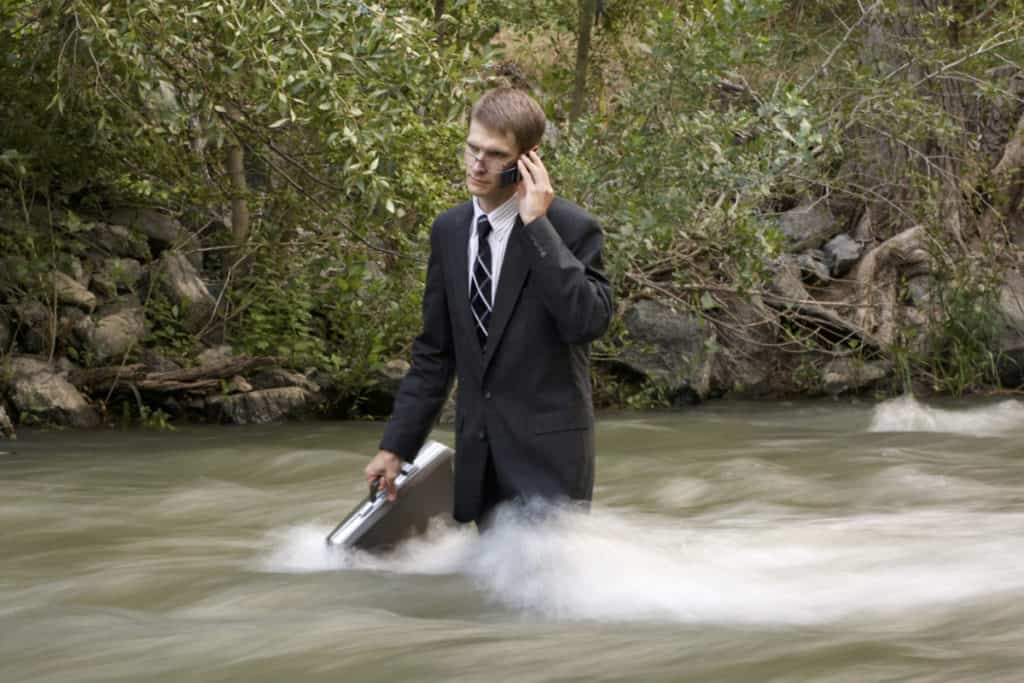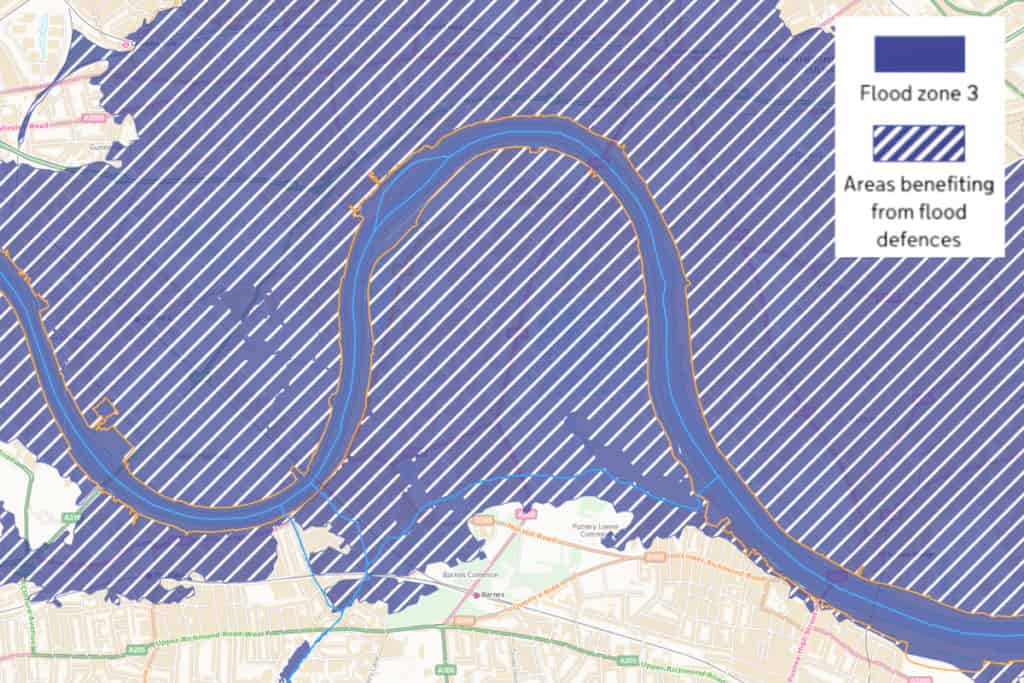BLOG
INTERESTING STUFF
THAT CAUGHT OUR EYE
Guest Expert: How Flood Risk Assessments Win Your Planning Battles

David Eggleton is MD of Three Counties Flood Risk Assessment, who have been instrumental for our planning success in high flood risk areas such as Fulham and Barnes. He’s assessed everything from modest basement extensions to The London Eye, and was the ideal person to ask about flood risk.
What do planning departments get wrong about flood risk?
Cash-strapped local authorities often can’t afford to hire flood risk consultants, so planning officers are having to make decisions on flood risk that they are not qualified for. Often, they do not know what information they should ask for in a flood risk assessment, so they ask for everything including the kitchen sink – which makes the process far more costly and time consuming for the developer.
This means that during many of our Flood Risk Assessments, we are not only investigating the site and the proposed designs, but also educating planning officers who are working off criteria that is out of date or they don’t understand.
The primary tool used by planning officers are the Environment Agency’s flood maps and levels. They will then locate the site in question on these maps and make objections or recommendations depending on what flood zone it sits in.
However, according to the Environment Agency, these flood maps and levels are for guidance only and are inappropriate for individual site assessments – which makes sense, when you consider that the Environment Agency’s primary concern is flood risk management for wide areas (think Thames Barrier rather than your basement’s tanking).
Data for the Environment Agency’s maps was gathered by flying a jet over the country and bombarding the ground with sound waves, which inevitably means their maps are painted with a broad brush.
Planning officers – who don’t have specialist knowledge in flooding and rely upon flood mapping to make their decisions – will often make objections and recommendations far in excess of what’s required.
Without a Flood Risk Assessor fighting in your corner, you could end up having to spend a fortune on flood resilience measures which aren’t necessary or have your planning permission denied.

How can a flood risk assessment help me win planning permission?
A Flood Risk Assessment is a site-specific investigation to determine the risk of flooding and what resilience measures can be put in place to mitigate them. They’re required by planning departments for any application within a flood zone.
This assessment is part science, part detective work. We gather our own data to provide more accurate levels while also sourcing historical flood records and anecdotal evidence of flooding.
One of the best places to learn about the flooding history of an area is a local pub. People love to talk about flooding like they love to talk about the weather.
Once complete, our Flood Risk Assessment is sent to the Environment Agency. If they accept the assessment, planning can be approved. We have a harmonious relationship with the Environment Agency, with a 99% success rate over our 1300+ assessments.
There is often an enormous gulf between the Environment Agency’s maps – used by the planners – and our assessments. For example, in one recent London site, the house was built on a block two metres above the road which was not detected by the flood mapping.
This meant that the site was lowered by two metres in the eyes of planners, who labelled the site as being in Flood Zone 3 (the highest risk) when it was effectively in Flood Zone 1 (the lowest risk).
Ideally, we will also be consulted during the concept and pre-planning stages of a project so that we can recommend flood resilience measures and warn clients if their designs are likely to be refused.
For example, a hard no from planning departments is bedrooms built in basement or ground floors in areas with a high flood risk – which causes headaches where houses have been split into multiple dwellings horizontally rather than vertically.
By being involved at the conceptual stage we can often make design recommendations which lower the risk to the point that a Flood Risk Assessment is not required.
Contact Three Counties Flood Risk Assessment to learn more – our advice is free
If you have any questions about the flood risk for your site, feel free to get in touch with us on the phone (01452 730818) or e-mail (david@three-counties-flood-risk-assessment.co.uk) You can learn more about our range of services at www.three-counties-flood-risk-assessment.co.uk
